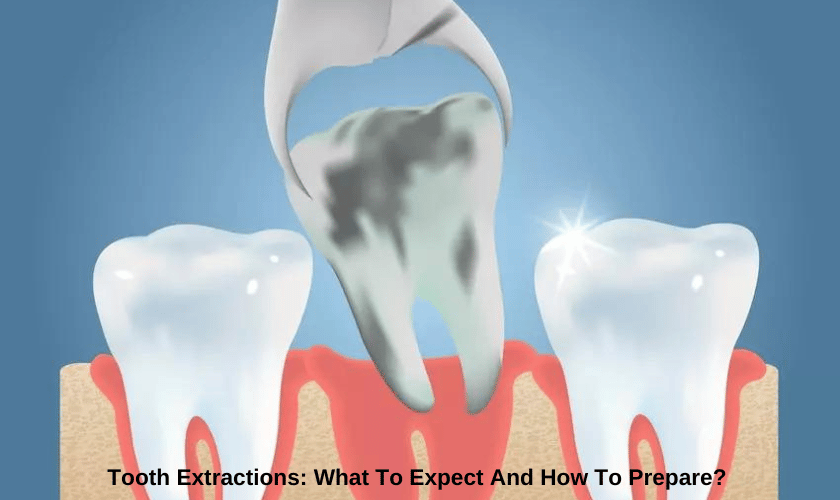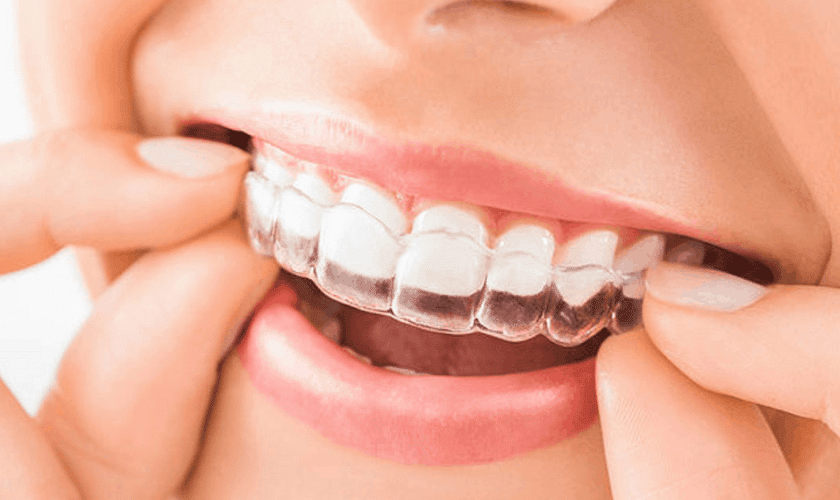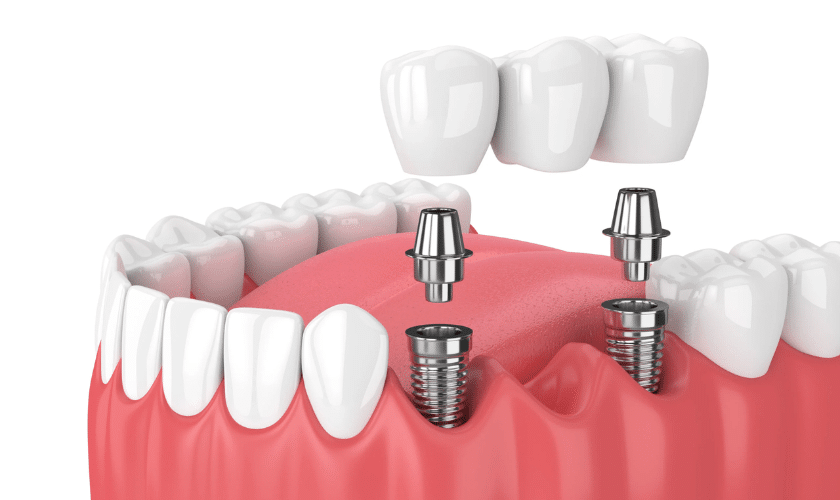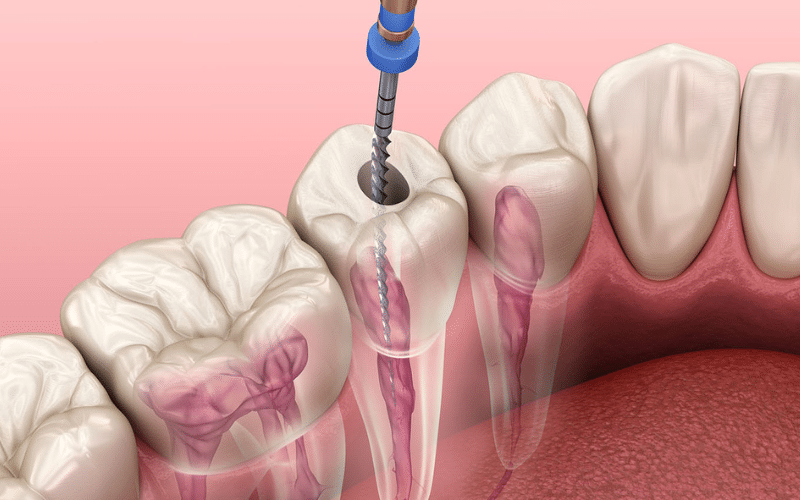
Tooth extractions are sometimes necessary when a tooth is damaged beyond repair or if there’s overcrowding in your mouth. Tooth extraction procedures vary depending on the situation’s complexity. Still, regardless of the type of procedure you undergo, you should know some common steps to understand what to expect and how to prepare for it. This blog will overview the different kinds of tooth extractions and tips on managing pain and recovery.
Types of Tooth Extractions
Simple Tooth Extraction
Simple tooth extraction involves the removal of a visible tooth above the gum line. The dentist will use forceps to grasp the tooth’s visible part and gently rock it back and forth until it comes out. This minor procedure can often be done in your dentist’s office and usually only requires local anesthesia.
Surgical Tooth Extraction
Surgical extractions involve teeth not fully visible during the procedure, such as impacted wisdom teeth or teeth broken off at the gum line. The dentist will make an incision in your gum tissue to gain access to the tooth and then use forceps or a drill to remove it. These extractions are more complex procedures than simple extractions and require general or intravenous sedation, depending on the system’s complexity.
Tooth Removal Surgery
In some cases, teeth may need to be surgically removed from their socket. This requires a more involved procedure called alveolectomy, performed under general anesthesia and involves making an incision into the gum tissue surrounding the tooth to expose its root structure. Once exposed, special instruments are used to break up and remove the root pieces from their sockets.
Pain Management Tips
Subheading one: Take Over-the-Counter Pain Relievers
Your dentist prescribes a pain reliever to help manage discomfort after tooth extraction. Over-the-counter medications like ibuprofen and acetaminophen can also be used with the prescribed medicines for additional relief. It’s best to take medicine as soon as you start feeling discomfort, as it may take several days for the pain to subside completely.
Apply Ice Pack
Applying an ice pack to the area of your mouth around where your tooth was extracted can help reduce swelling and inflammation. Try applying an ice pack for 15 minutes, then take a 15-minute break before reapplying again. Repeat this process every few hours, as needed.
Keep Your Mouth Clean
It’s crucial to keep the area where your tooth was extracted clean and free of bacteria to prevent infection. Use warm salt water rinses twice a day to soothe and cleanse the extraction site – make sure not to swish too vigorously, as this can cause more irritation.
Recovery Tips
Eat Soft Foods
After your tooth extraction procedure, it’s best to stick to soft foods for the first few days while you recover. Avoid eating anything that requires chewing or crunching, such as chips or hard candy, as these could cause further irritation to the extraction site. Try eating soups, oatmeal, applesauce, or mashed potatoes instead.
Avoid Smoking and Alcohol
Smoking and drinking alcohol should be avoided while recovering from a tooth extraction. These activities can cause excessive bleeding and increase your risk of infection. It’s best to wait until your dentist clears you before engaging in either activity again.
Follow Your Dentist’s Instructions
Your dentist will provide specific instructions on how to care for the extraction site after surgery. Follow their guidelines carefully, which will help ensure a quick and successful recovery.
Conclusion: Tooth extractions can vary depending on the type, from simple to more complex surgery. It’s important to know what to expect and how to prepare beforehand, as well as how to care for yourself during recovery. Following your dentist’s instructions is key to ensuring a successful outcome and minimizing discomfort.
FAQs:
How long does it take for a tooth extraction to heal?
Depending on the type of extraction, healing time can vary but typically takes around two weeks.
Can I brush my teeth after an extraction?
A: Yes, you can brush your teeth after extraction but make sure not to directly brush over the area where the tooth was extracted until it has fully healed.





